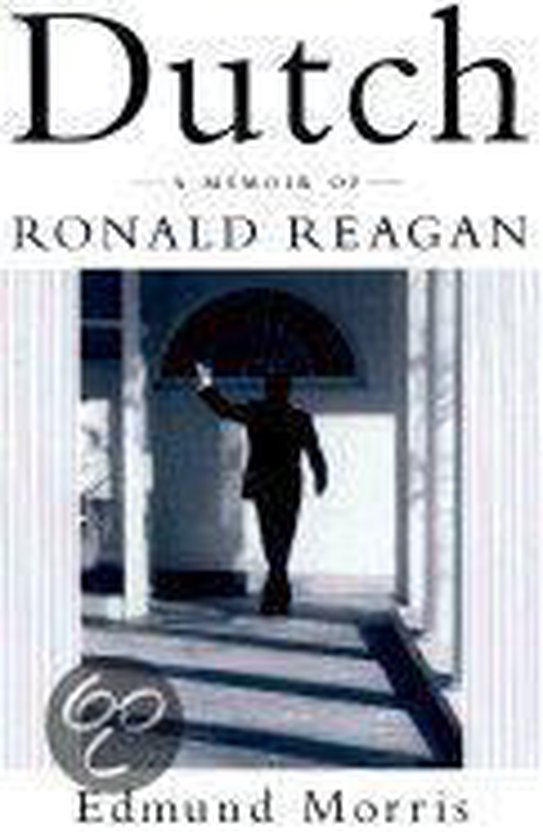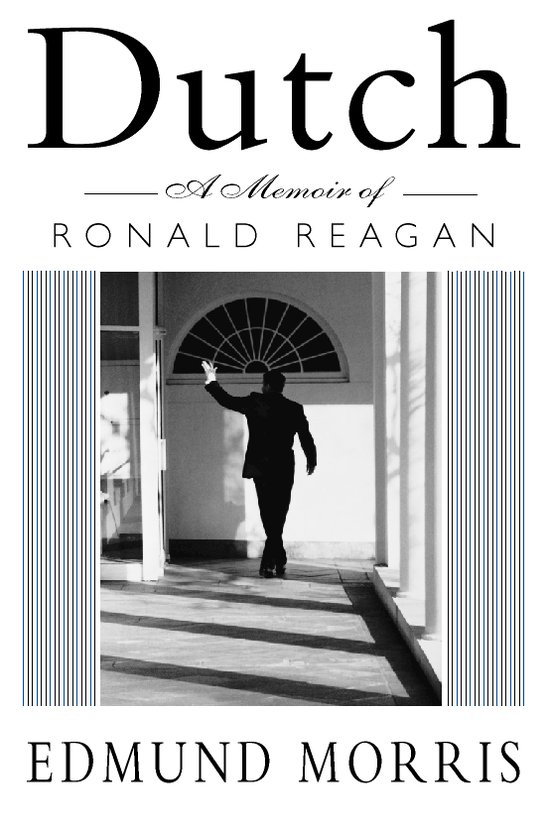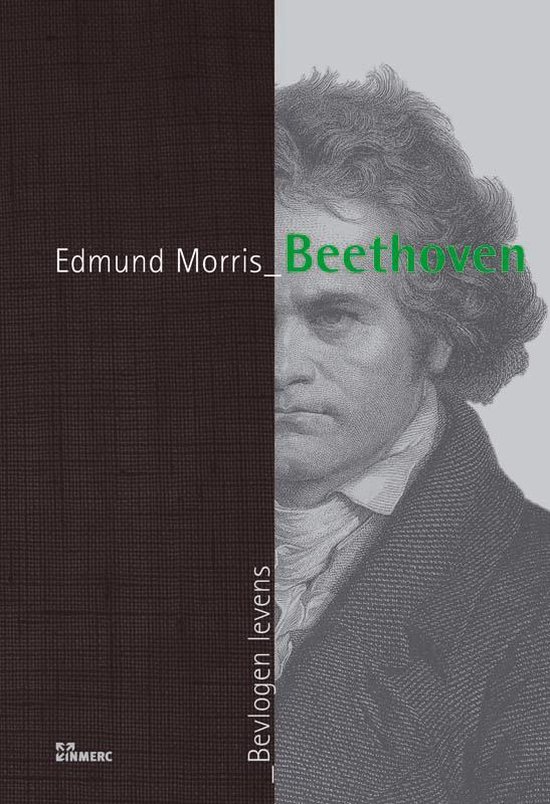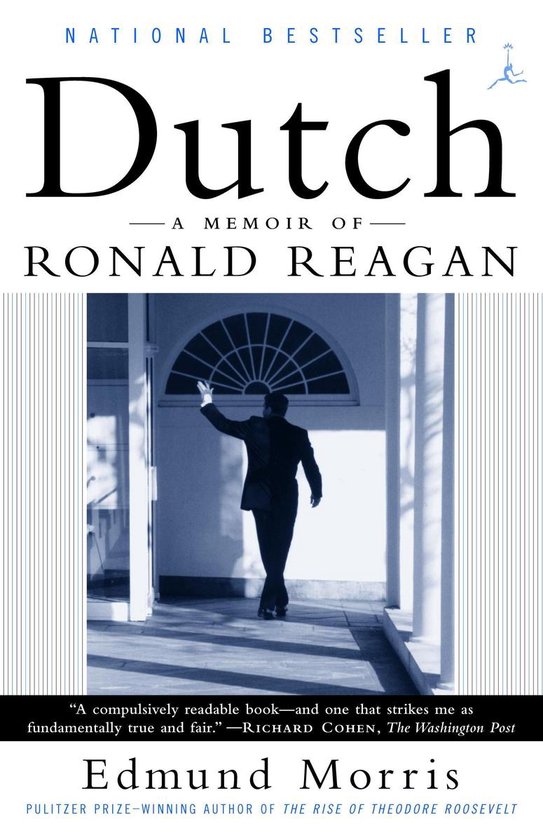
Dutch
This book, the only biography ever authorized by a sitting President--yet written with complete interpretive freedom--is as revolutionary in method as it is formidable in scholarship. When Ronald Reagan moved into the White House in 1981, one of his first literary guests was Edmund Morris, the Pulitzer Prize-winning biographer of Theodore Roosevelt. Morris developed a fascination for the genial yet inscrutable President and, after Reagan's landslide reelection in 1984, put aside the second volume of his life of Roosevelt to become an observing eye and ear at the White House.
During thirteen years of obsessive archival research and interviews with Reagan and his family, friends, admirers and enemies (the book's enormous dramatis personae includes such varied characters as Mikhail Gorbachev, Michelangelo Antonioni, Elie Wiesel, Mario Savio, François Mitterrand, Grant Wood, and Zippy the Pinhead), Morris lived what amounted to a doppelgänger life, studying the young ''Dutch,'' the middle-aged ''Ronnie,'' and the septuagenarian Chief Executive with a closeness and dispassion, not to mention alternations of amusement, horror,and amazed respect, unmatched by any other presidential biographer.
This almost Boswellian closeness led to a unique literary method whereby, in the earlier chapters of Dutch: A Memoir of Ronald Reagan, Morris's biographical mind becomes in effect another character in the narrative, recording long-ago events with the same eyewitness vividness (and absolute documentary fidelity) with which the author later describes the great dramas of Reagan's presidency, and the tragedy of a noble life now darkened by dementia.
''I quite understand,'' the author has remarked, ''that readers will have to adjust, at first, to what amounts to a new biographical style. But the revelations of this style, which derive directly from Ronald Reagan's own way of looking at his life, are I think rewarding enough to convince them that one of the most interesting characters in recent American history looms here like a colossus.''
During thirteen years of obsessive archival research and interviews with Reagan and his family, friends, admirers and enemies (the book's enormous dramatis personae includes such varied characters as Mikhail Gorbachev, Michelangelo Antonioni, Elie Wiesel, Mario Savio, François Mitterrand, Grant Wood, and Zippy the Pinhead), Morris lived what amounted to a doppelgänger life, studying the young ''Dutch,'' the middle-aged ''Ronnie,'' and the septuagenarian Chief Executive with a closeness and dispassion, not to mention alternations of amusement, horror,and amazed respect, unmatched by any other presidential biographer.
This almost Boswellian closeness led to a unique literary method whereby, in the earlier chapters of Dutch: A Memoir of Ronald Reagan, Morris's biographical mind becomes in effect another character in the narrative, recording long-ago events with the same eyewitness vividness (and absolute documentary fidelity) with which the author later describes the great dramas of Reagan's presidency, and the tragedy of a noble life now darkened by dementia.
''I quite understand,'' the author has remarked, ''that readers will have to adjust, at first, to what amounts to a new biographical style. But the revelations of this style, which derive directly from Ronald Reagan's own way of looking at his life, are I think rewarding enough to convince them that one of the most interesting characters in recent American history looms here like a colossus.''
| Auteur | | Edmund Morris |
| Taal | | Engels |
| Type | | Hardcover |
| Categorie | | Mens & Maatschappij |



